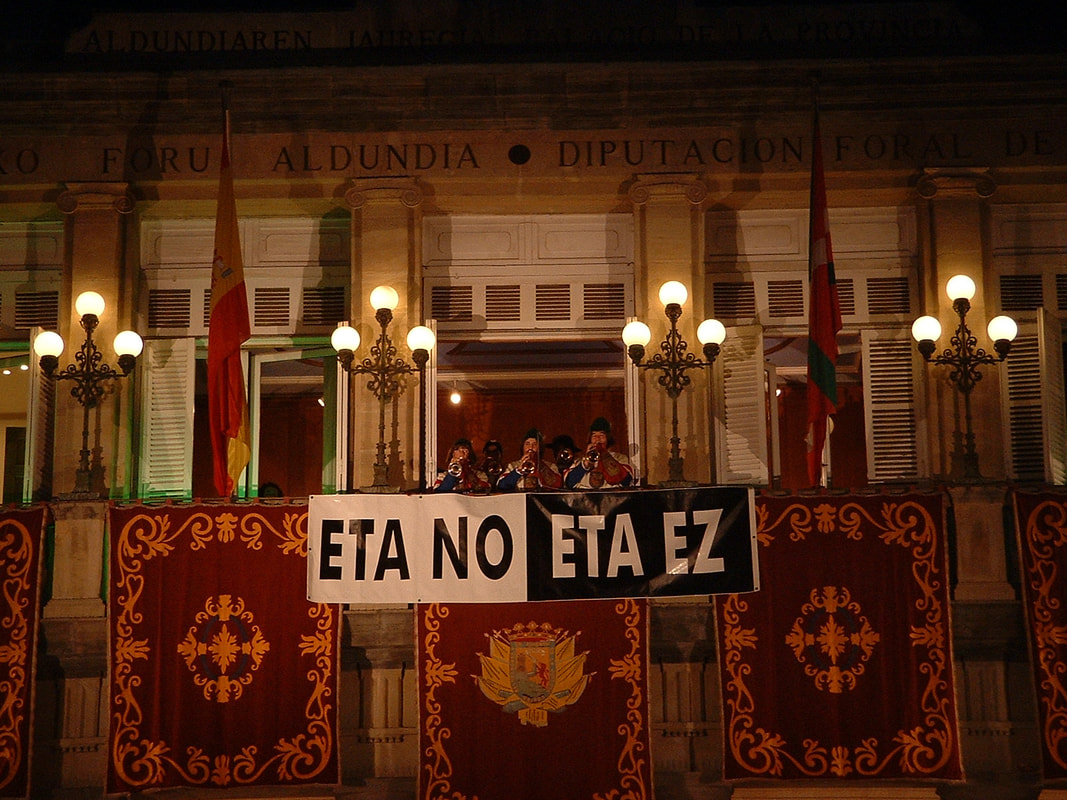|
“There’s a great gap,” Pegeen Mike reminds us in Synge’s Playboy of the Western World, “between a gallous story and a dirty deed.”
The tragic drama of Eta, the armed Basque nationalist group, will draw towards its final curtain on April 8th if, as the group has promised, it finally hands over its last weapons, making its dissolution almost inevitable. The drama’s plot has veered repeatedly across a similar gap to that described in the Playboy, between heroism and brutality, depending on who you listen to, and what your values are. For hardline conservatives, Eta was always simply a criminal terrorist gang. For a rapidly shrinking group of diehards, Eta’s revolutionary honour remains intact and unquestionable. For most Basques, however, and for many democrats in Spain and farther afield, Eta’s campaign for an independent Basque country, and Madrid’s response, has evoked much more complex responses over the years. It’s conveniently forgotten by many now, but Eta’s bold defiance of the fascist military dictatorship of General Franco was, in the late 1960s and early 1970s, often compared to the impeccable anti-Nazi struggle of the French Résistance. This article was published in The Irish Times on April 8, 2017 Read more here
0 Comments
|
Articles & BlogArticles on the environment; Spanish, Catalan and Basque politics; travel; culture; and other subjects; interspersed with personal reflections and images Archives
October 2022
Categories
All
|

 RSS Feed
RSS Feed